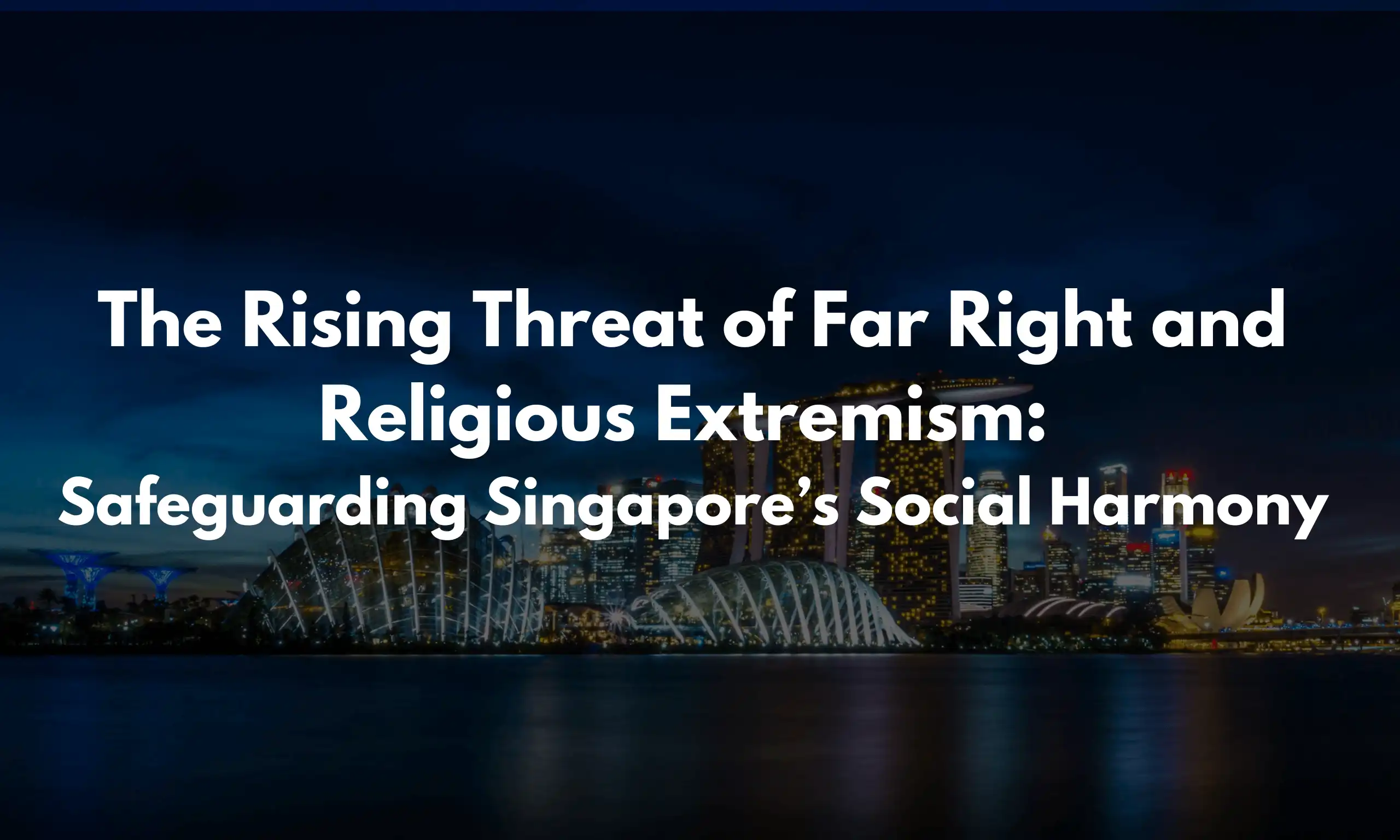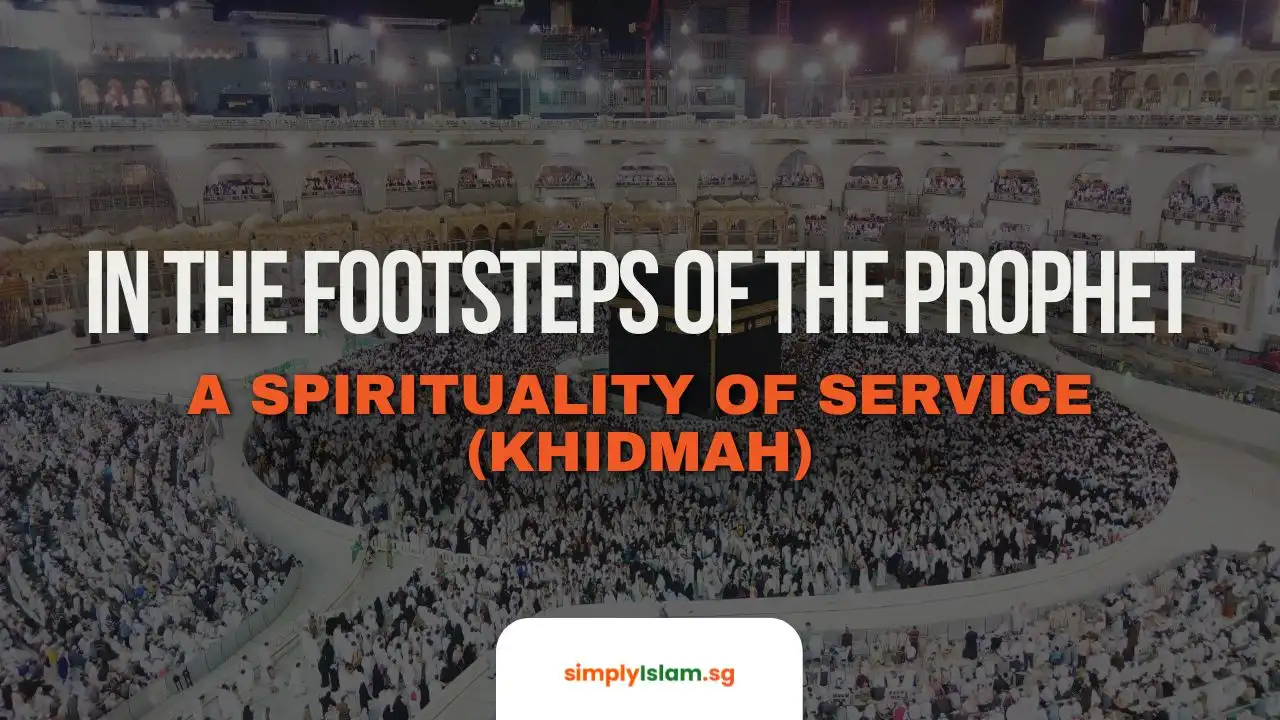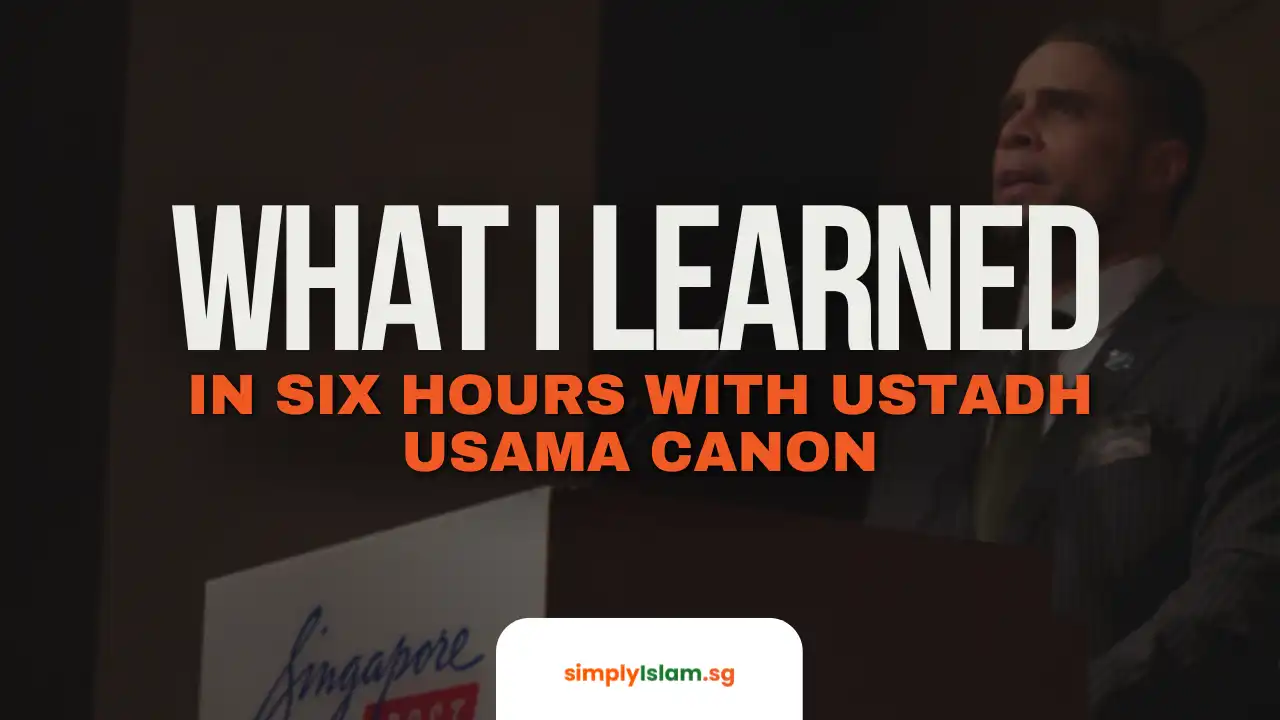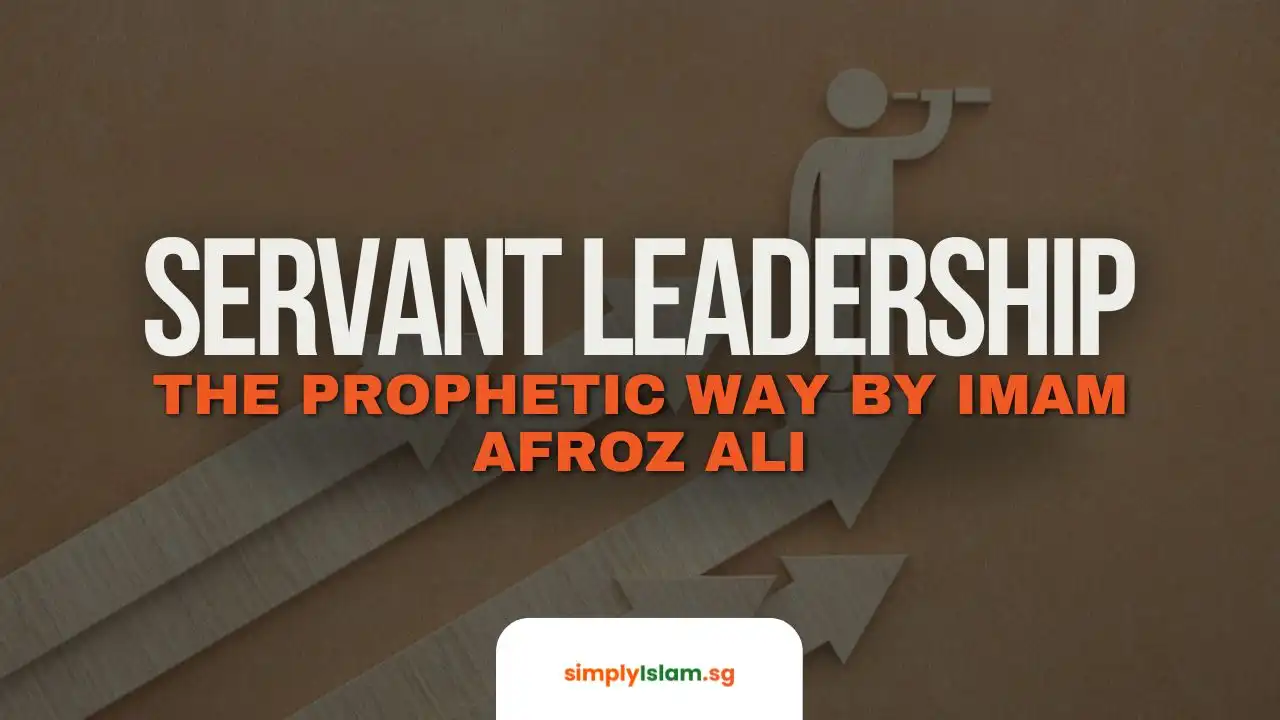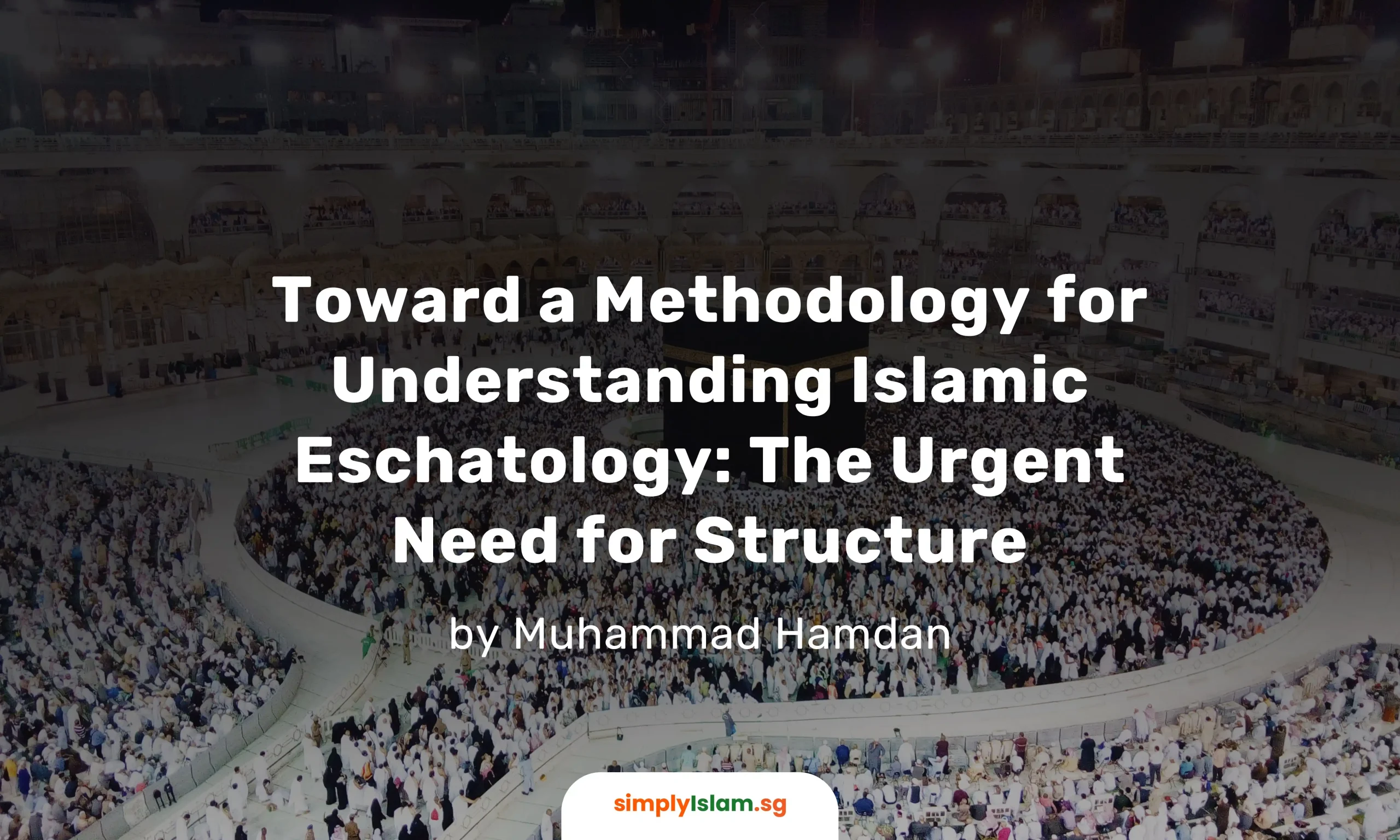
Preventing Radicalisation and Coping with the Gaza Conflict
He ﷺ Chose Mercy: Prophetic Responses to Hate, Hurt, and Hostility
Reflections for Singaporean Muslims
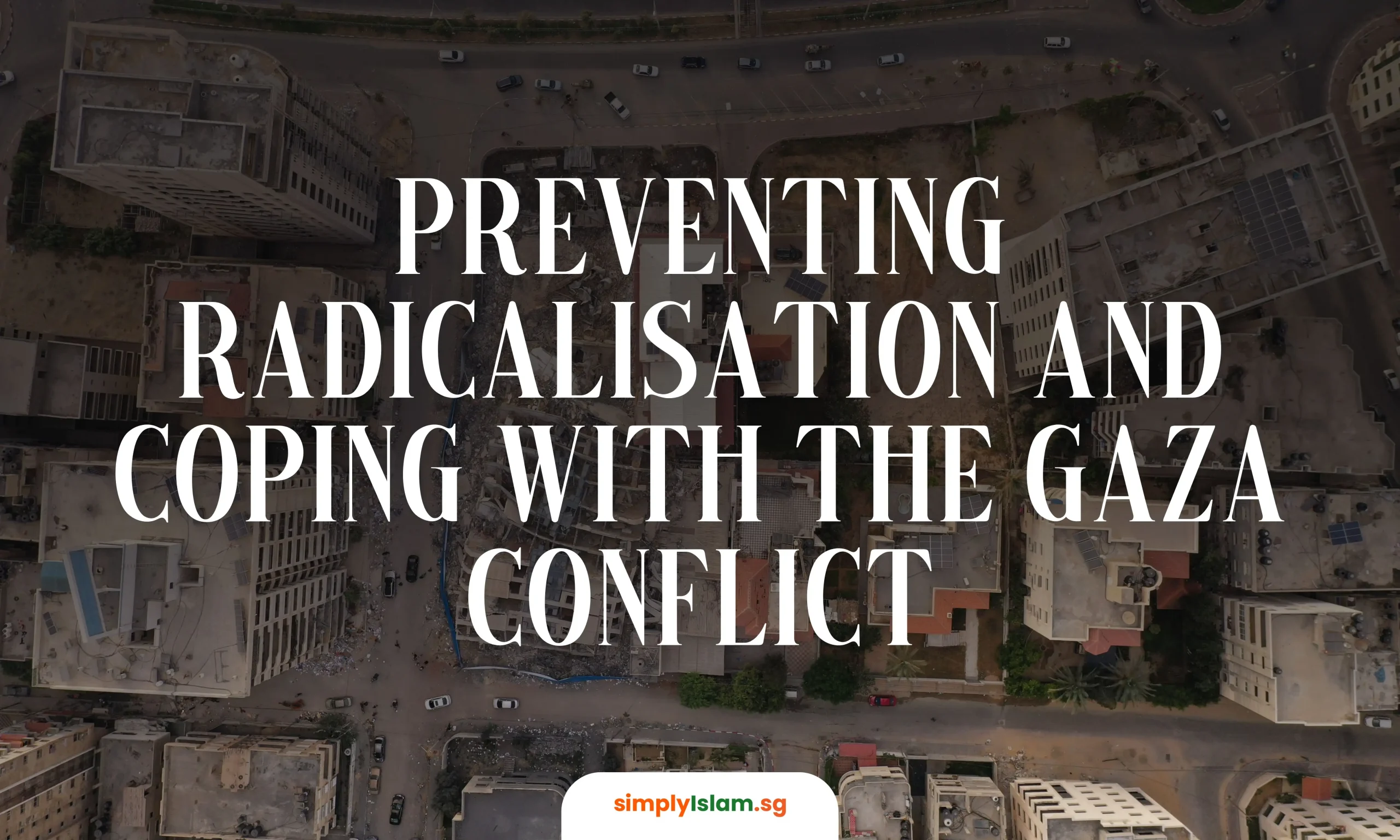
It is deeply saddening to learn of the recent detention of three self-radicalised Singaporeans under the Internal Security Act (ISA) in November 2024, namely, 21-year-old Muhammad Indra, 41-year-old Mohamad Latiff, and 44-year-old Nurisham Yusoff. Their radicalisation appears to have been influenced, or exacerbated, by the ongoing Israel-Hamas conflict.
The conflict has caused immense suffering, with countless innocent lives lost and communities devastated. The destruction in Gaza, where over 45,000 people, primarily women and children, have tragically perished, has left an indelible scar on humanity. The conflict is a colossal humanitarian crisis, and for many, especially Muslims, the carnage in Gaza evokes profound pain and anguish.
Regrettably, instead of channelling their emotions into positive and productive avenues, these individuals chose a path of radicalisation, seeking to fight for Hamas in Gaza or alongside other militant groups. Their radicalisation reportedly stemmed from unmonitored and misguided consumption of online Islamic content, particularly eschatological prophecies, and from exposure to the teachings of preachers accused of espousing segregationist views.
It is crucial to recognise that the detainees undertook their studies independently and became self-radicalised without formal guidance from recognised Islamic scholars and teachers. Labelling certain scholars as segregationists may be an oversimplification, as their teachings are perhaps contextual to certain socio-religious environment, especially as a Muslim-majority nation. Islamic eschatological prophecies, often referenced in Islamic teachings, are rooted in authentic Prophetic traditions and aim to deepen understanding of the faith — not to incite violence. The misinterpretation of such teachings highlights the dangers of unsupervised self-study and the pressing need for structured and contextual religious education.
In an era dominated by social media and unfiltered news, the emotional toll of witnessing conflict and devastation is undeniable. To address this, we need initiatives to educate communities on coping mechanisms and provide meaningful ways to support affected families in conflict zones.
Institutions like MUIS and Malay-Muslim grassroots organisations play a vital role in Singapore. They must continue emphasising the importance of learning from MUIS-accredited asatizah, ensuring children and adults alike receive structured and contextual Islamic education. Parents, too, must remain vigilant, nurturing close family ties and staying alert to early behavioural changes that may indicate radicalisation.
Equally essential is equipping Singapore’s Islamic scholars and teachers with the tools to engage effectively. By leveraging modern technology and addressing contemporary issues, they can make their teachings more relatable and inspire youths and young adults to seek guidance from credible sources. Teachers must actively answer questions about the conflict and suggest constructive ways for individuals to support affected communities in Gaza.
Ultimately, as a Singaporean society, we must work collectively to strengthen our families, our communities, and our institutions to ensure that radicalisation and extremism have no space to thrive. We can navigate these challenging times through compassion, understanding, education, and continued vigilance.
Mohamed Nassir Abdul Sukkur
Chairman, SimplyIslam Education Group


